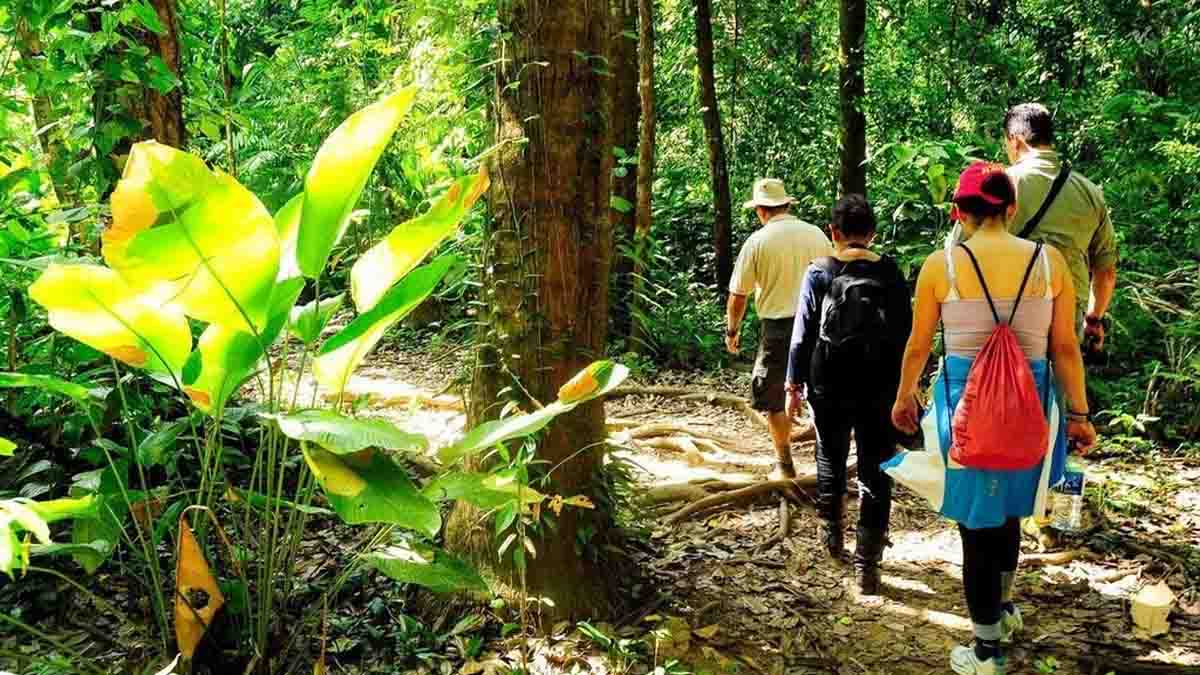
Betting on the sense of “revenge” that Americans have for having to postpone their travels, should be one of the strategies of Costa Rica when reopening international tourism to this country, estimated the study “Why Costa Rica?” by EY consultant.
In the wake of the Pandemic, Americans are more likely to postpone their trips than cancel them, a survey by MMGY Global, a tourism company, revealed. For example, many cruise tours have been rescheduled under the label of “revenge trips”, regardless of whether this was a tourism sector quite vulnerable to COVID-19.
As of June 8th of this year, 36.7% of American travelers had their next well-defined pleasure trip planned and ready to go, the EY study adds. These factors make up an accumulated demand for leisure that could be exploited positively for Costa Rica, considering that the United States is its main source of tourists.
Another factor is that half of American travelers are consulting the sanitary protocols of the places where they plan to stay. With regards to this, the country has designed more than 14 specific protocols for the sector, thanks to the contribution of the Costa Rican Tourism Institute (ICT). Other advantages that the report points out is that Costa Rica is attractive for young travelers, being the country a benchmark in ecotourism and adventure tourism.
Younger travelers will be the ones to revive tourism in COVID-19 times, being less vulnerable to the Virus. Likewise, Costa Rica is seen as a safe destination due to the low mortality registered in COVID-19 cases. It helps that the population density accumulates in the center of the country and not in tourist areas, EY concludes.
Costa Rica will reopen its borders on August 1st, to travelers from countries with relative control over the expansion of COVID-19. Initially, the ICT proposed receiving tourists from the European Union, the United Kingdom and Canada, while the United States was not included.
At this point in the Pandemic, the United States Department of State allows its citizens to leave the country, but does not recommend it.
Helping transition your life to live anywhere
